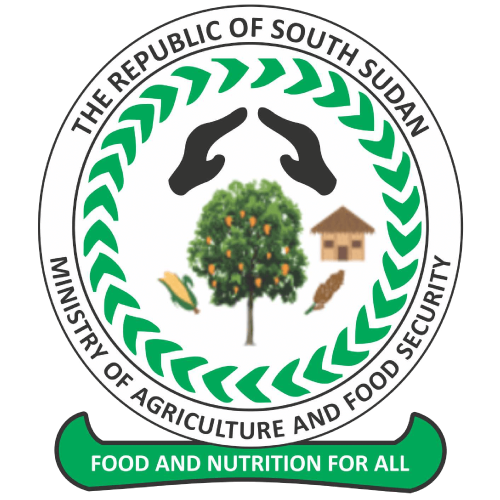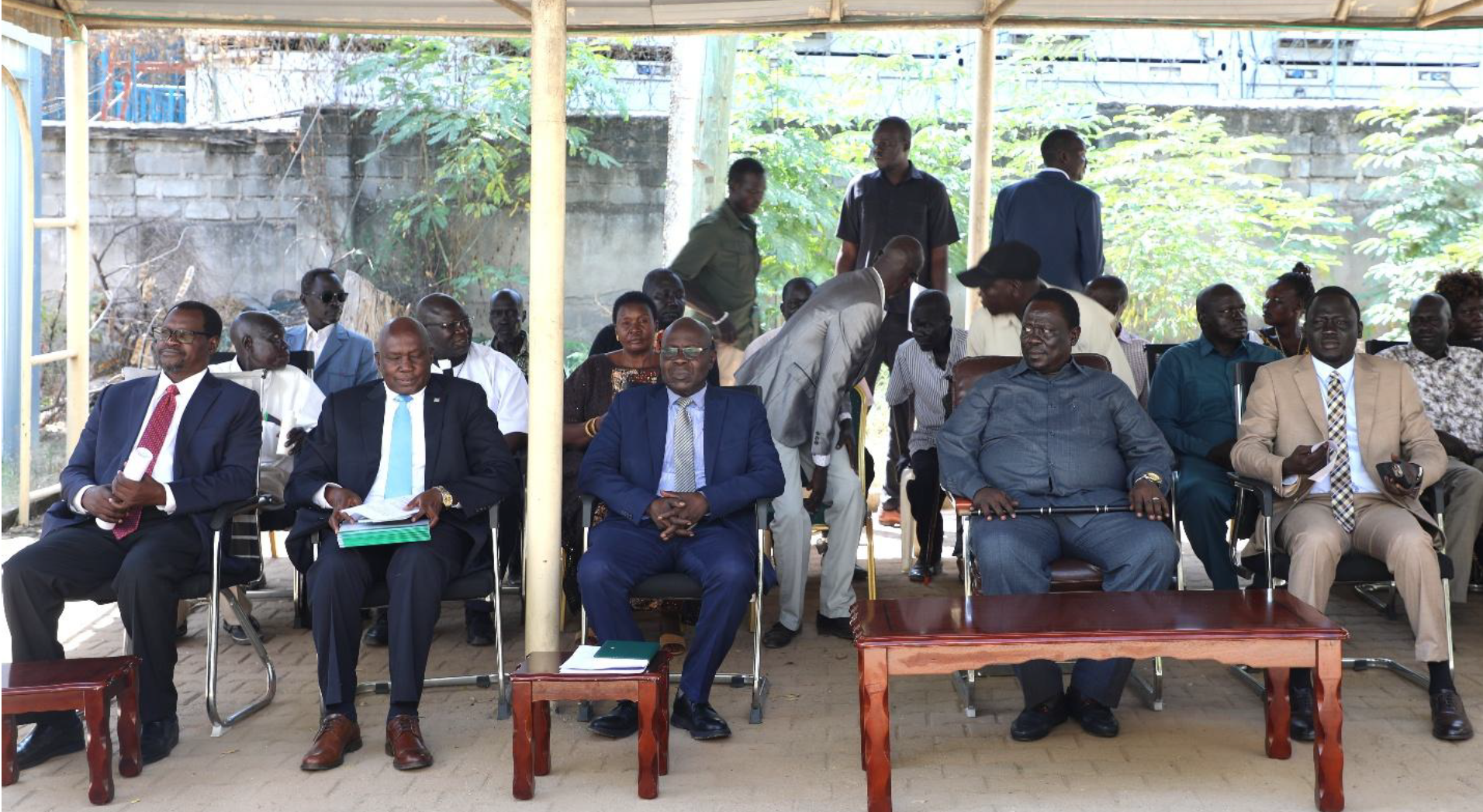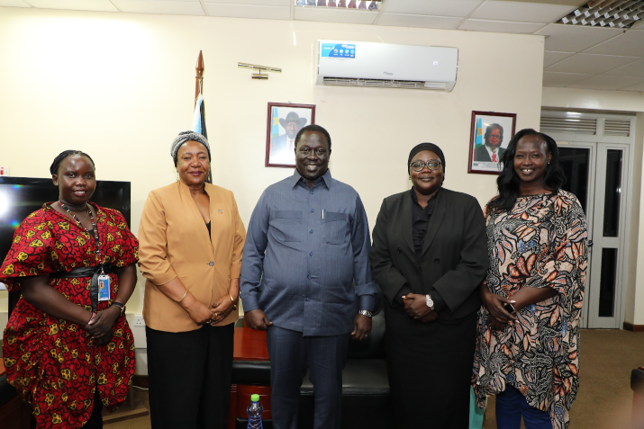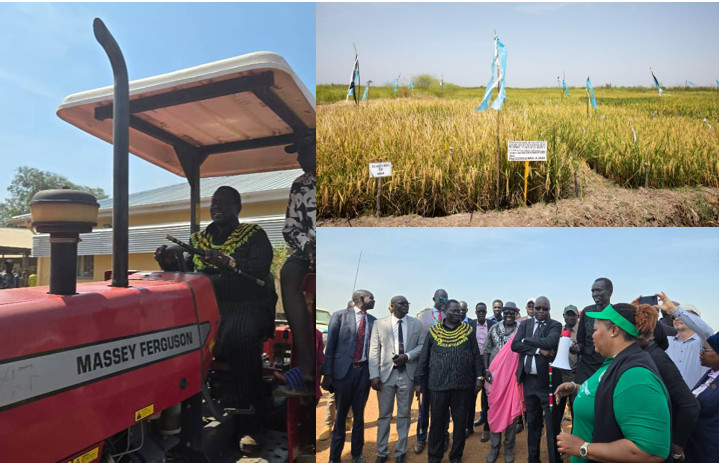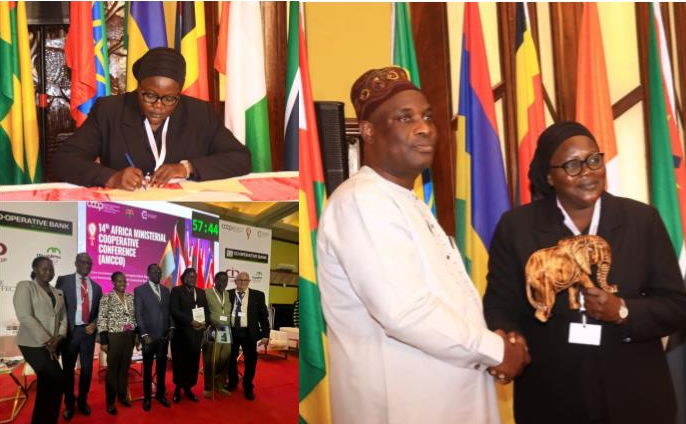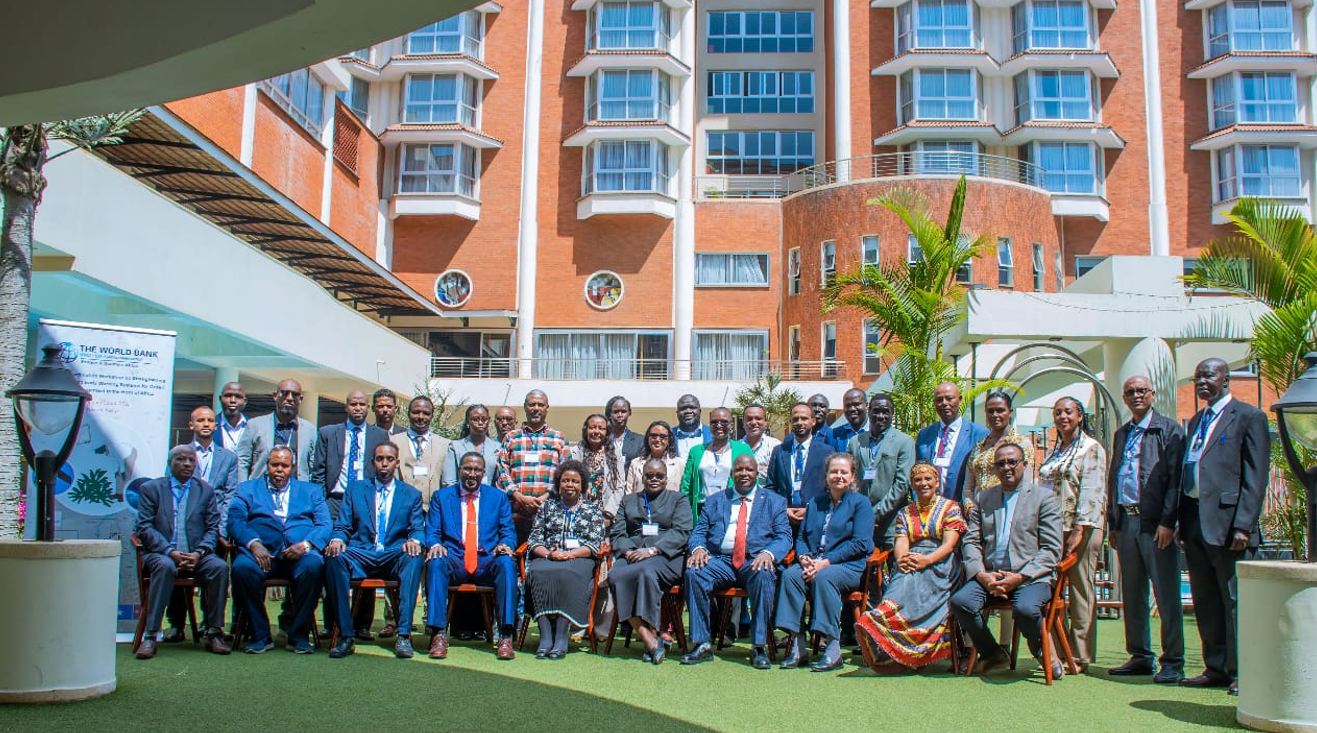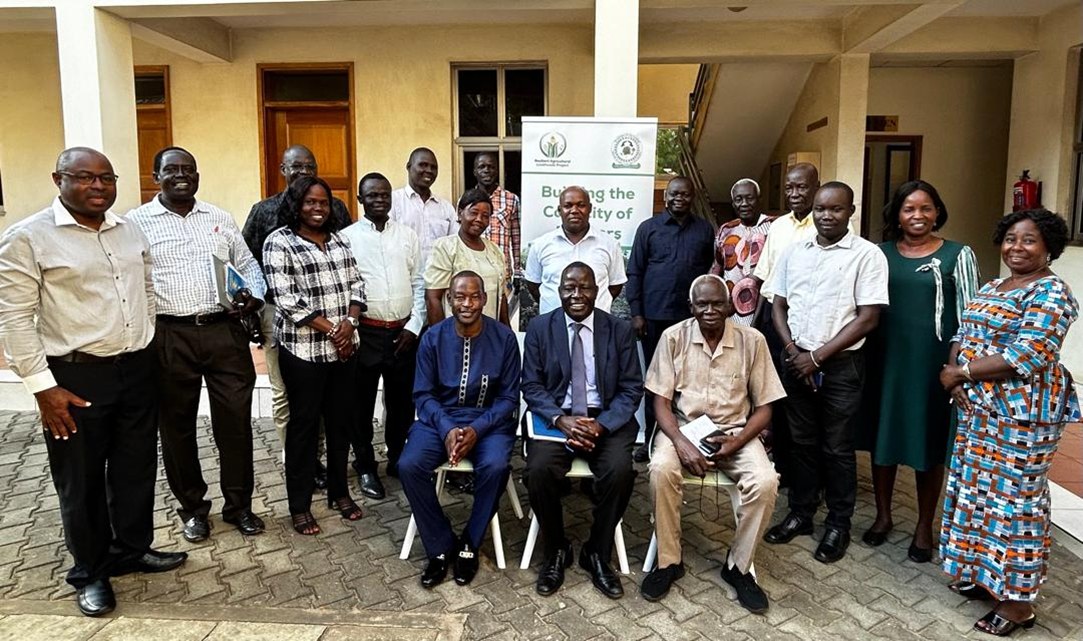
Wednesday, June 19, 2024 – Juba. The Ministry of Agriculture and Food Security (MASF) held an inception meeting with the International Institute for Tropical Agriculture (IITA) to officially commence a capacity building of MAFS Directorate of Agriculture Research (DAR) in agricultural research seeds systems development, supported through the Resilient Agriculture Livelihoods Project (RALP), funded by the World Bank.
The partnerships aims to build the capacity of seeds scientists and researchers from MAFS Directorate of Agriculture Research in seeds systems development and deploy high-impact technologies to boost agriculture production in South Sudan. The inception meeting marked the formal start of the partnership between MAFS and IITA to start working together in key areas of agriculture development in which the IITA will provide capacity building support to key DAR crop scientists in breeding high yielding and drought resistant crop seeds including sorghum, groundnuts and maize which are staple foods in South Sudan. The partnership will initially run for one year with a provision of extension in case of the need to do so.
The Ministry of Agriculture and Food Security (MAFS) of the Republic of South Sudan is a public institution, which is mandated the laws of South Sudan to champion food security in the county by increasing agricultural productivity and production in an environmentally friendly manner, leading to a sustainable and vibrant agricultural sector that contributes to economic growth, food and nutritional security, poverty alleviation and improved social wellbeing South Sudanese, especially the rural population who depend on agriculture. Meanwhile, the International Institute of Tropical Agriculture (IITA) and TAAT are non-profit institution that generates agricultural innovations to meet Africa’s most pressing challenges of hunger, malnutrition, poverty, and natural resource degradation. Working with various partners across sub-Saharan Africa, they improve livelihoods, enhance food and nutrition security, increase employment, and preserve natural resource integrity.
The partnership between IITA and MAFS aims to bring TAAT’s strong ecosystem of partners to capacitate the MAFS and DAR to produce quality seeds of suitable varieties through introductions of climate-resilient crop varieties and conduct adaptation trials. The technical assistance will also involve TAAT capacitating the MAFS Directorate of Agricultural Research, and researchers from the academia with relevant technological innovations to develop the seed sector.
A key output expected out of IITA in the partnership is the increasing availability of quality seeds (maize, sorghum and groundnuts). MAFS will fully participate with IITA-TAAT in identifying suitable climate-resilient varieties of maize, sorghum and ground nuts, as well as in establishing linkages with research institutions in the neighbouring countries, to access new varieties of these crop commodities for introduction in South Sudan, breeding pre-basic and basic or foundation seeds of released varieties of these crop varieties.
In this partnership, IITA is responsible for execution of the Technologies for African Agricultural Transformation (TAAT) program which is an African Development Bank initiative aimed to help the continent fulfil its enormous potential in the agricultural sector by employing high-impact technologies to boost output. Conceived in 2018 to address the challenges of food insecurity in the bank’s 2016-2025 Feed Africa Strategy, TAAT was primarily established since despite being home to 60% of the world’s arable land, yet Africa remain importers of food and unable to reap the benefits of our labour. Millions of our people are productive in the sector yet we remain the most food insecure in the world. About 220 million Africans suffer from chronic undernourishment – about a fifth of the continent’s population and a quarter of the global total experiencing this burden.
Dr. George Leju Lugor, the MAFS Director General for Agriculture Production and Extension Services presided over the inception meeting, which was attended by 23 important MAFS professionals, FAO and IITA-TAAT employees.
